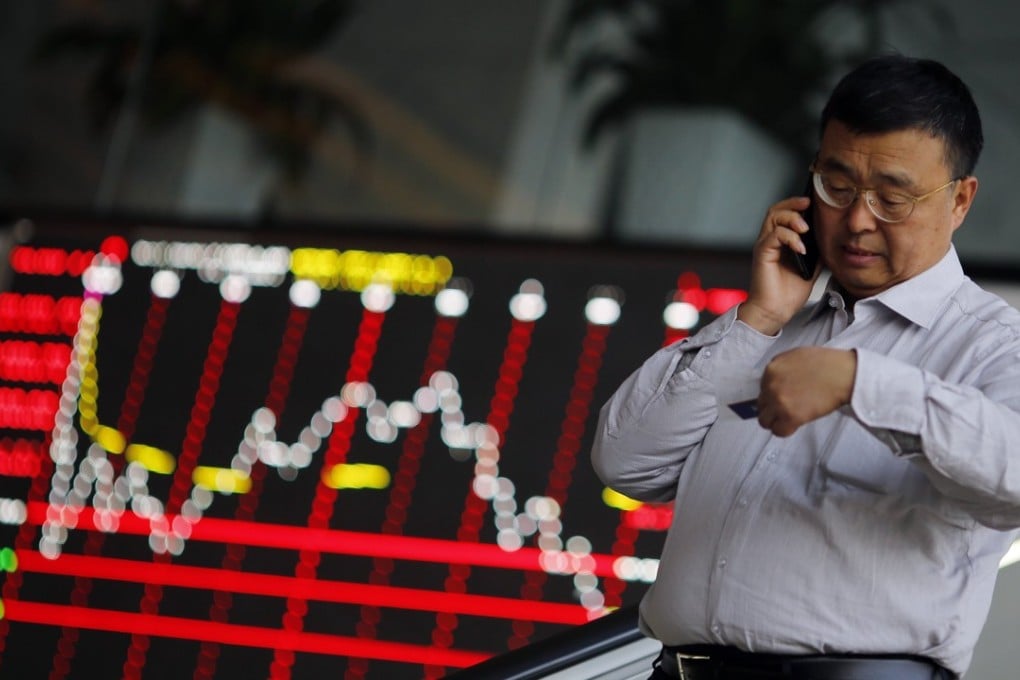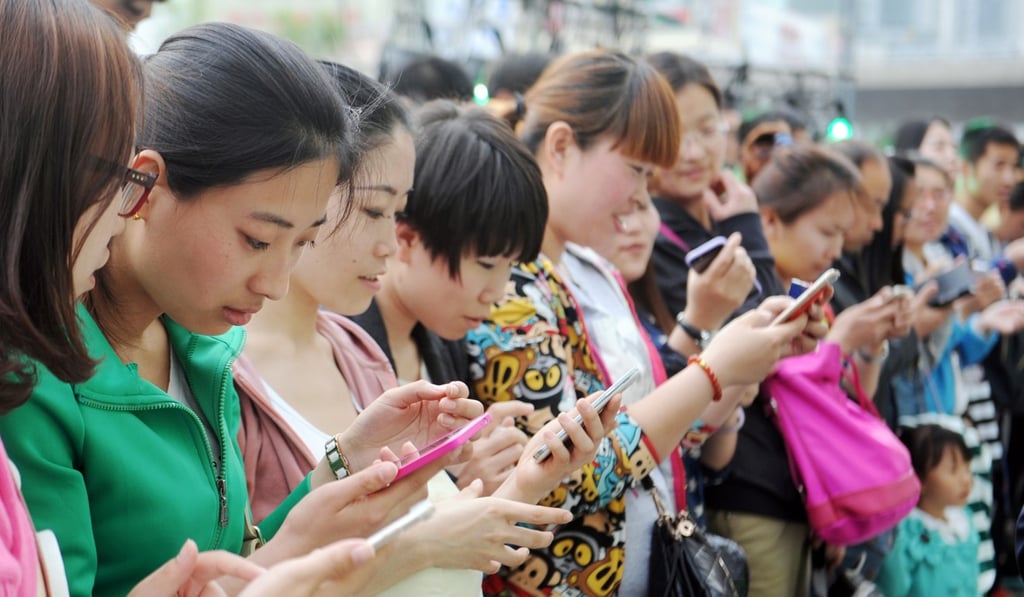Most Android stock trading apps in Hong Kong are rife with security risks, study shows
Most Android stock trading apps in Hong Kong are rife with security risks, study shows

Increasingly investors are trading their stocks the same way as they take “selfies”: with their smartphones.
But a new study has warned some Android-based stock trading apps might be open to hackers, and considered less safe than even mobile games apps.
A study led by Hong Kong’s Mobile Security Research Lab tested and evaluated 140 selected Android stock trade mobile apps (STMAs), including some of the most popular trading in Hong Kong, and found most were vulnerable to malicious hacking activities, often leaving users’ private information highly vulnerable.

Of the 25 evaluation criteria used in the study, 86 per cent of the apps did not pass the top five most-critical security tests.
“This report tells us that the most commonly used mobile trading apps available in Hong Kong are not secure enough, especially STMAs,” said Frankie Wong, vice chairperson of Internal Affairs at the Professional Information Security Association.